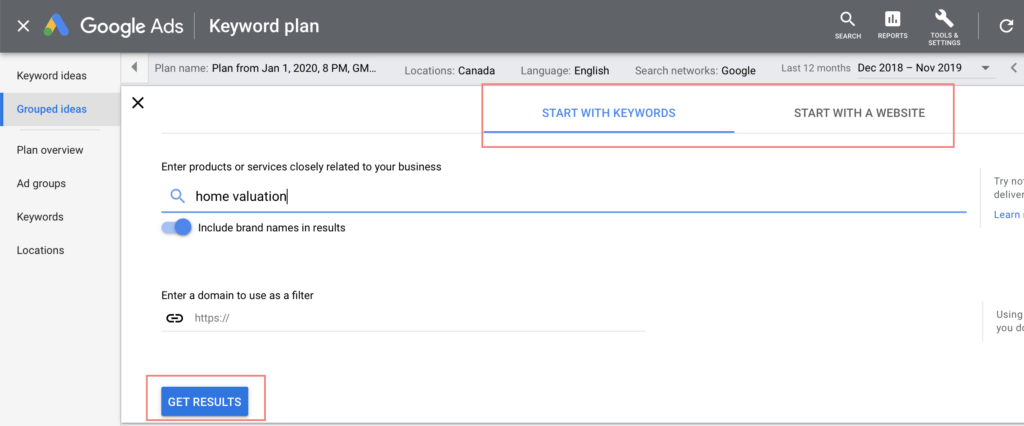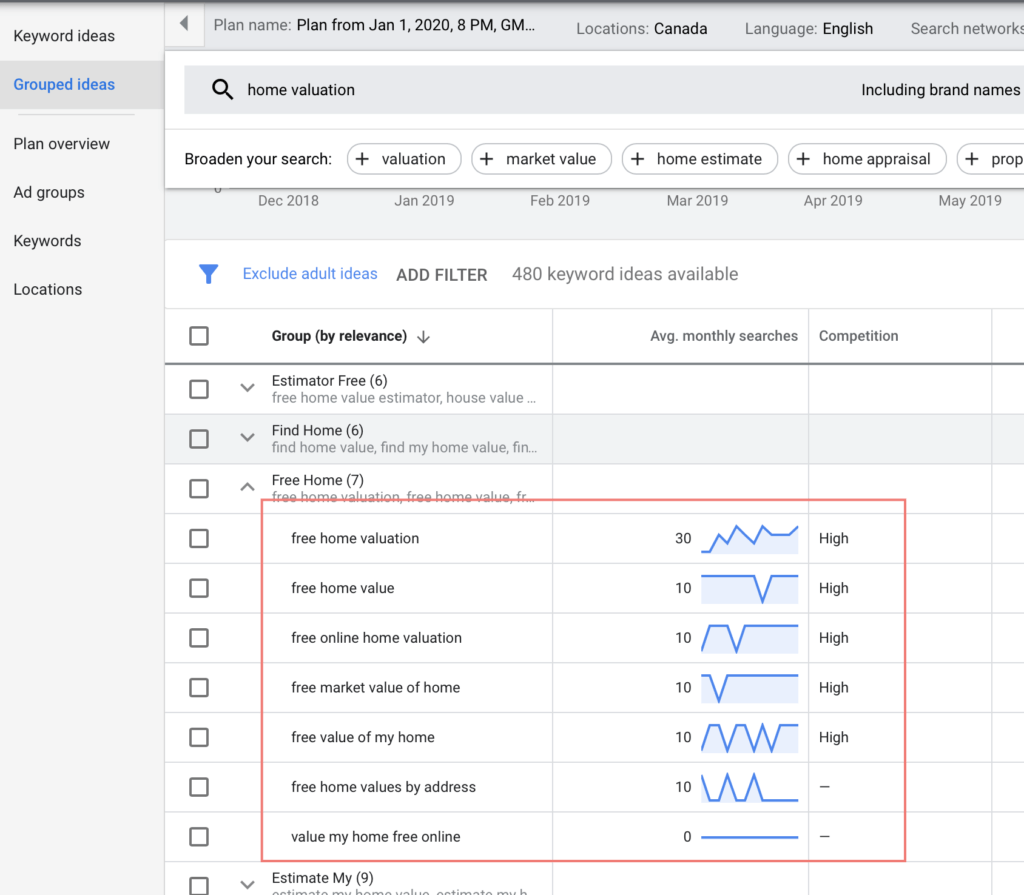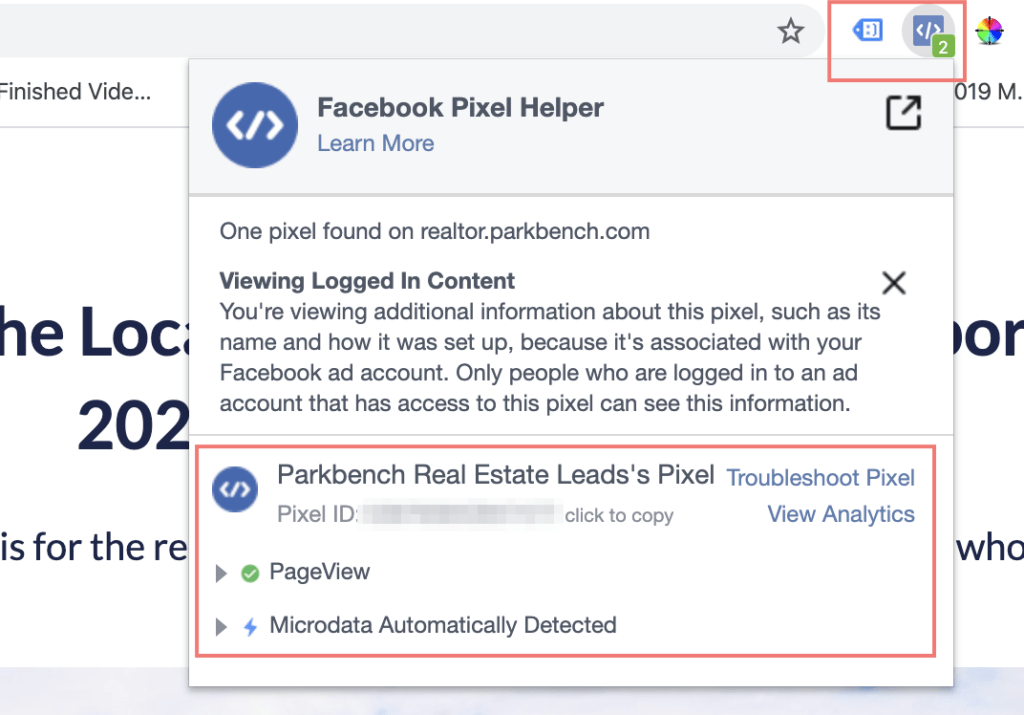A successful real estate professional always has deep connections with people living and working in their local neighborhood. In 2020 you need to seriously think about giving back to your community and adding value if you really want to stand out from the rest of the competition and dominate your local market.
We have compiled a list of 10 important things that you should do for your local community in 2020. Ideally, you should do all of the strategies mentioned in our top 10 list, but we have ranked them in order of importance and relevance.
1. Interview Local Business Owners To Create Original Content
The most effective strategy to grow your real estate business in a geographic area and build your brand at the same time is to video interview local business owners and influencers in your community.
Stories are more powerful that any piece of marketing content. Stories are something everyone relates to and that’s what local interviews create. When approaching these local business owners you are not only creating original content that will be consumed by local homeowners but also building relationships with them and expanding your sphere of influence.
Bonus: Take a look at our video equipment guide to figure out the best way you can capture these interviews.
Once you post an interview on Facebook and other social channels make sure that you tag these business owners so that they can share the content with their followers.
You can include these interview videos as part of your newsletter for local residents.
Video marketing is going to be an essential necessity moving forward in 2020 and beyond so these interviews can be a great way to achieve that to rank for local SEO keywords as well as meet more people and build new relationships.
Check out an example interview a real estate professional did with a local business owner in her community.
For the #1 website, coaching and support doing local video interviews, check out Parkbench.com and the Local Leader Prospecting System.
2. Create A Community Newsletter With Local Resources & Run A Campaign To Generate Subscribers
A community newsletter always brings a lot of value to members living in that particular area. In order to make an effective community newsletter and help your real estate brand, most agents think that they should include the latest real estate transactions in their local market…
However, the real trick is to create a newsletter with local news, events and deals so that you are providing something that local readers truly care about.
Always create passive branding around your newsletter with one call to action asking someone to go to a particular URL if they are interested in real estate.
A good placement for your own brand banner is at the bottom of the newsletter.
Here are 4 things to add to your local newsletter
- Local content
- Local news
- A list of exclusive deals for local residents – Go talk to some business owners to get some exclusive coupons for this.
- A curated list of events happening in that area
How to gain subscribers for your neighborhood newsletter?
Now that you know what to include in your neighborhood newsletter let’s look at some of the ways you can promote it.
- Send an email to your existing database asking them to join your newsletter
- Create a dedicated landing page for your community newsletter and run paid campaigns on social media geo-targeting your area to gain subscribers.
- Partner with local business owners and ask them if you can run a collaborative campaign to gain more subscribers for your newsletter.
- Have a share button in each of your newsletter so that your subscribers themselves become promoters of your newsletter.
3. Run paid campaigns on Google Ads targeting local keywords
Google Ads is still one of the most effective platforms to target relevant people on your real estate website. The reason being you only pay when someone clicks on your ad and you can be very specific with the keywords someone is searching for when launching your campaign on Google ads.
How to find the right keywords to target local homebuyers and sellers:
- Create a Google Ads account and go to the keyword planner
- Enter your website URL to automatically get keyword recommendations.
- Alternatively you can also start typing keywords and get search volumes and related keywords inside the Google Keywords Tool.
- Add these keywords which show up as suggestions to your list to create a list of local keywords for your Google Ads campaign targeting homebuyers and sellers in your local area. (See image below)
- Run a campaign targeting these local keywords and driving traffic to your landing pages. For Sellers you can redirect them to a home valuation or a market overview page asking them to fill out a form in exchange for their information.


Once you get these leads from your local area make sure you are contacting them as fast as possible and also adding them to your CRM so that you can nurture them using emails and retargeting ads.
4. Create local content & contests partnering with local business owners or influencers
Creating original local content not only establishes you as a trusted expert in your local community but also helps rank your content for a bunch of local keywords.
One of the most effective ways to get free traffic and meet people in your target market is to collaborate on some content with local business owners or influencers in your community.
This could be an exclusive coupon or contest for local residents.
Create a landing page explaining how residents can enter the contest or claim the coupon. The goal should always be to capture the information so that you can add them to an email drip series.
5. Run Facebook Ads Sharing Content About Your Local Community That Has Nothing To Do With Real Estate
This strategy is extremely important moving forward in 2020 and beyond with Facebook Ads. As you know with the new Facebook Ads policy allows extremely limited targeting when you are promoting real estate content.
This means you have to get creative and use generic content (relevant to your local area) and get traffic to your website.
When you are not running an ad for a special ads category you can target people based on age and zip code. As mentioned in our strategy above you can always tag these people on Facebook and later run retargeting ads.
In order to ensure that you are tagging your website traffic, you need to set up a custom audience and a rule to tag all visitors who are (let’s say 120 days old) inside Facebook.
The local content that you share on Facebook should feature local news, events, and deals or your own video but the most important thing to keep in mind is to share it via your Facebook page and reshape the post from your personal profile. In that way, anyone seeing the content on their newsfeed will see which page originally shared the content (your real estate facebook page).
6. Run Retargeting Ads Featuring Local Listings To Homeowners In Your Target Market
First and foremost the retargeting ad strategy is similar to the 2-step facebook ads blueprint we shared for agents and brokers. Here are the exact steps to create an effective retargeting funnel and generate leads in your local market.
Step 1: Create a piece of unique local content and drive traffic to it.
Create a unique piece of local content (preferably video) that homeowners are likely to resonate with. You can collaborate on the content with other local business owners or simply do a neighborhood profile video.
The goal is to get people to your website by launching your first campaign. Select the specific zip codes that you want to target and run a campaign (between $20 – $200) depending on the size of your area to get at least 100 visitors to your website.
You need to ensure that when these people are landing on your website to read the content, they are tagged with your retargeting code for both Google and Facebook.
Use the Google Tag Assistant and the Facebook Pixel tool to make sure your tags are working on your website.

Step 2: Retarget these audiences with just listed ads driving traffic to the property landing pages.
Once you have your tag marketing setup launch another campaign showcasing just listed homes in the area the same audience.
Pro Tip: Always send traffic from these just listed ad to a landing page asking them for their information for the full pricing and other details. In that way, you are capturing their information so that you can follow up with these leads later.
7. Modify Your Print Marketing To Include More Valuable Content Like A Client Case Study In Your Local Community
Print marketing may not work like they used (depending on the area and target demographics) but that’s not to say that it doesn’t work at all. In fact, the best marketing strategy an agent can have is to mix online and offline marketing with the singular objective of getting the attention of the homebuyer or seller and ensuring that they think of you when they are ready to buy or sell.
Next time when you are designing a print flyer follow these tips in order to separate yourself from the rest of the competition while ensuring that you are providing value to local homeowners
- Share a case study or client testimonial from a recently sold house in your area. The content should take up most of your banner space with a definitive call to action at the end.
- Use a call to action that you can measure in order to find the effectiveness of your print marketing campaign.
- Include a dedicated URL, a separate phone number and use a call tracking software like CallRail to track how many calls are you getting from your flyers.
8. Market Your Open Houses To Generate More Foot Traffic and New Prospects
Marketing your open house in your local target market can generate you a lot of good prospects. Most agents put up an open house sign and hope that people show up for it.
The real trick in executing a successful open house is to use digital marketing platforms like Facebook & Google Ads to target all homeowners in the zip code of the property.
When someone visits an open house make sure you have an iPad or a laptop to capture their information in exchange for a digital feature sheet for the property. In that way you are building your database and adding people to your CRM.
Bonus: Check out our step by step guide on hosting your perfect open house.
9. Create A Local Facebook Group Based On Specific Interests For Your Local Community
A local Facebook group can be a great source of generating referrals and leads for your real estate business but you need to know how to use it as a tool. If you advertise your services as an agent, people will leave them and your conversion rate will be next to none.
First and foremost you need to create a Facebook group about a common interest or topic for your local target market. Always remember, that your goal is to get more members into these groups and not advertise your real estate services.
One thing to keep in mind is that you should not go with generic buy and sell groups as Facebook Marketplace is now the default place where locals go to trade something with others in their community. Instead, create a group with people sharing a common interest and drive traffic to those groups with organic and paid content.
Pro Tip: In order to maximize how you leverage these groups to get new clients, don’t make them related to real estate, real estate investing, etc. and align the groups to topics that are genuinely trending in your community.
Another advanced tactic is to pin a URL on your group’s main page and then tag everyone who goes there. All these tagged users can be shown a direct real estate ad on Facebook or on other sites using Google Ads.
10. Attend Local Networking Events To Build Your Network And Other Professionals In Your Community
Networking is a key part of growing your sphere of influence and connecting with other business professionals in your geographic farm area.
There are a few ways where you can network and rapidly grow your database:
- Start by creating a goal of how many networking events you want to attend in a month and how many hours you are going to spend in total.
- Search online (Facebook groups, Meetup.com) etc. as well as your local chamber of commerce website to create a list of upcoming events.
- Attend each event and make sure you are offering something of value in exchange for their information (instead of exchanging business cards). For example, you could tell everyone you have compiled a list of 20 businesses in our local area, and you are expanding the list to share with everyone who lives here. Ask everyone if they would like to have their business listed for free. Once they agree, make sure you get their email and add them to your CRM.






